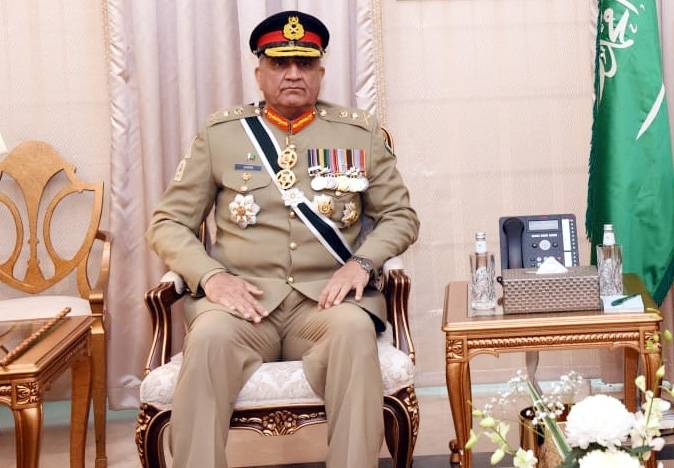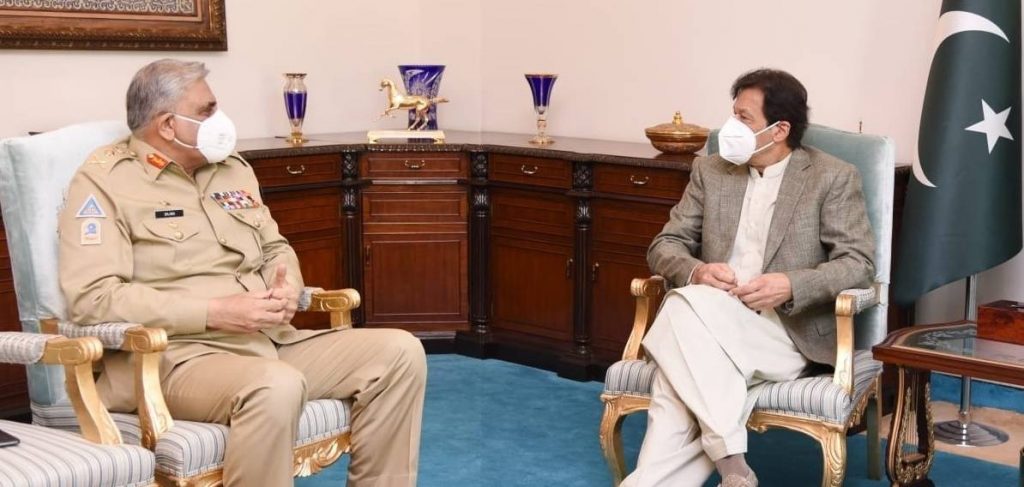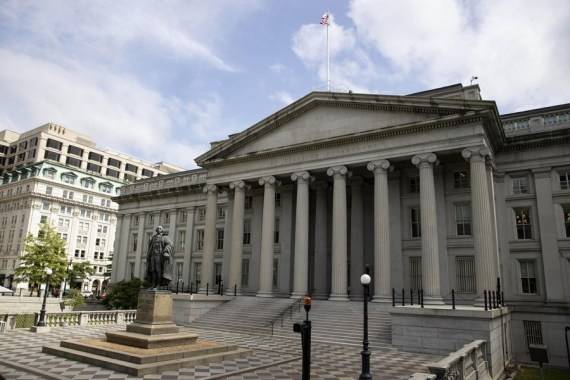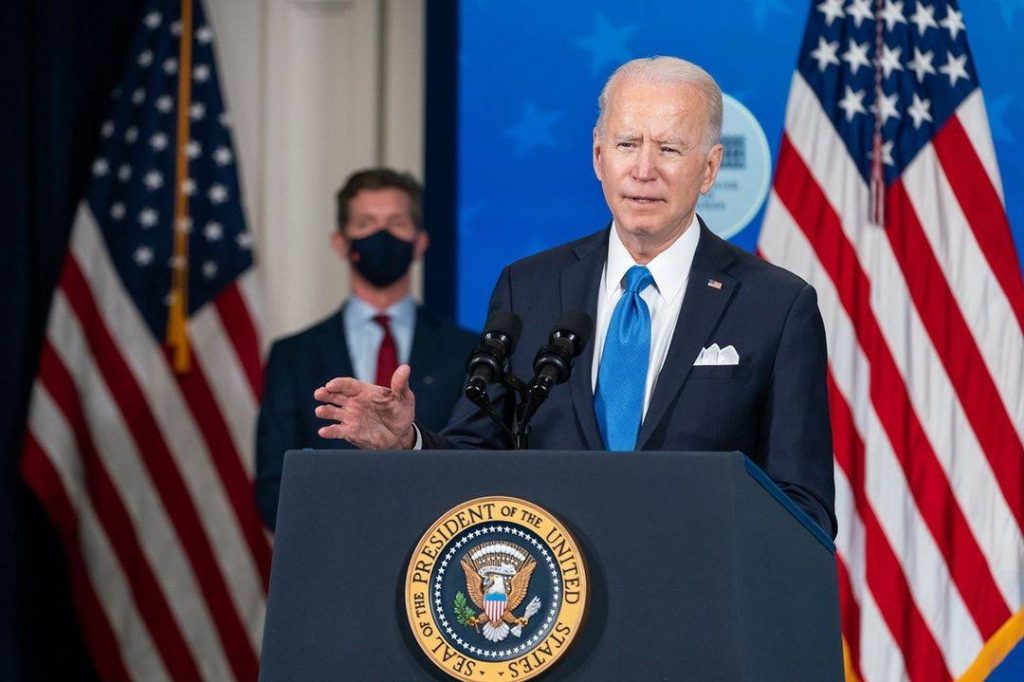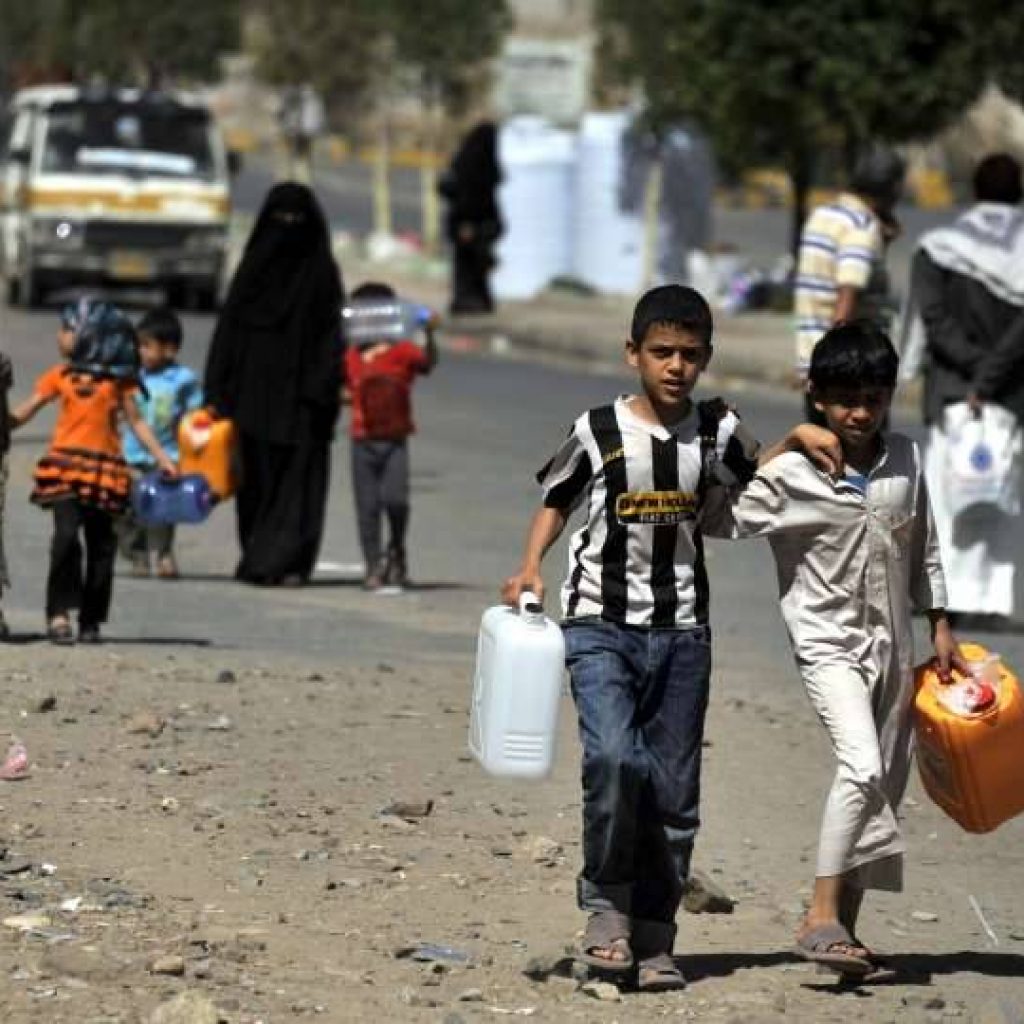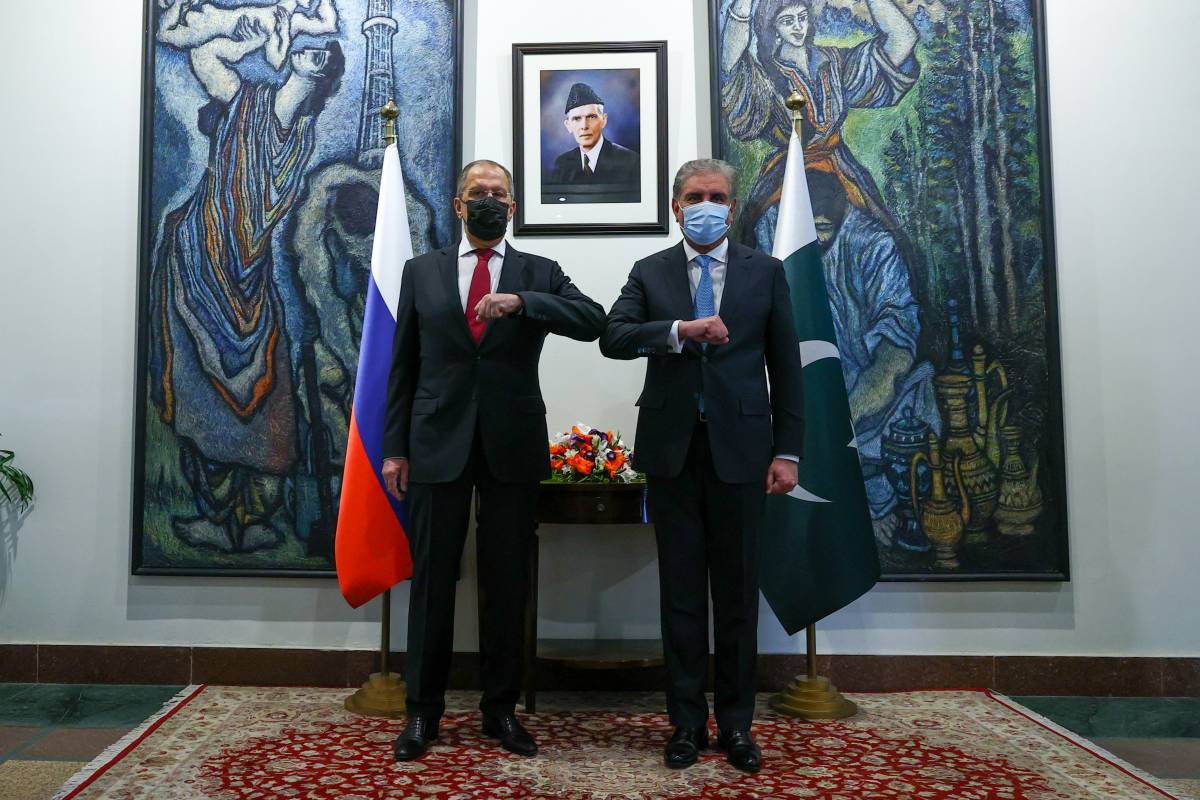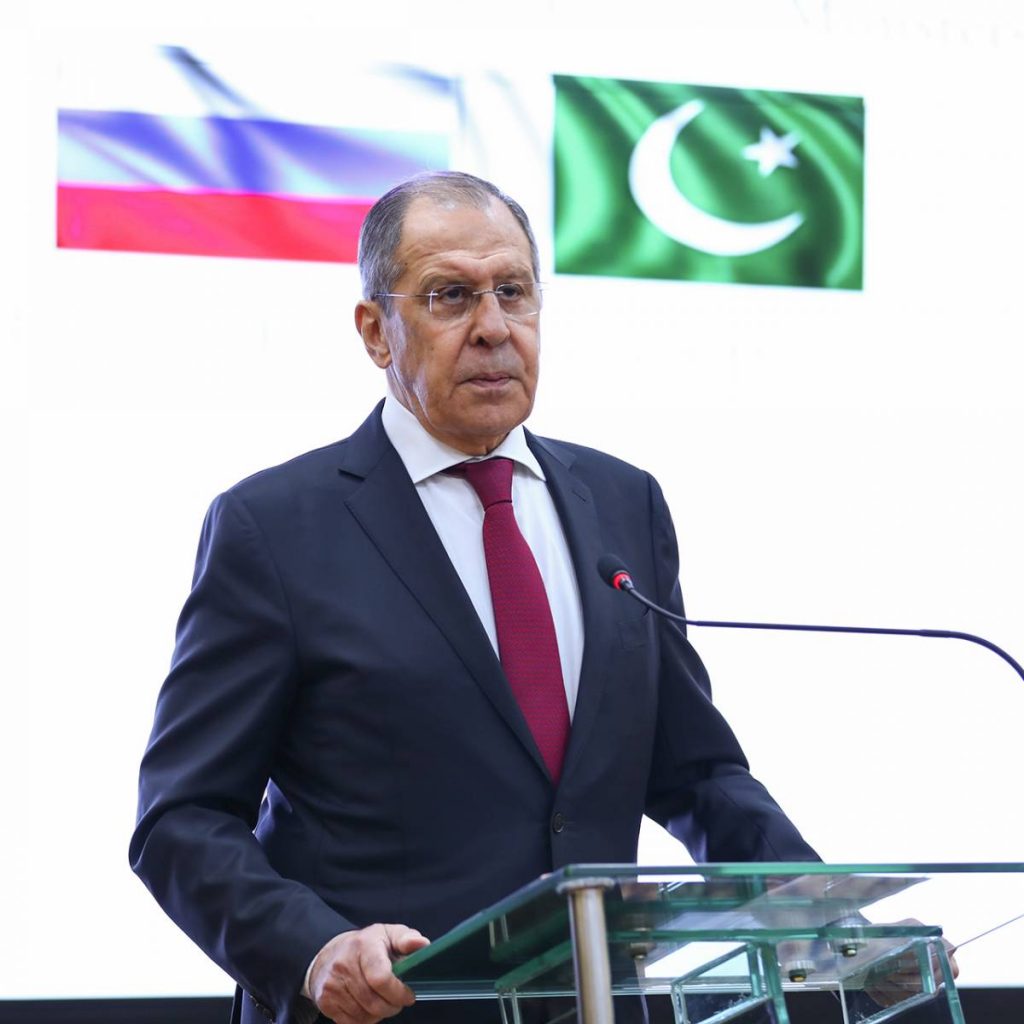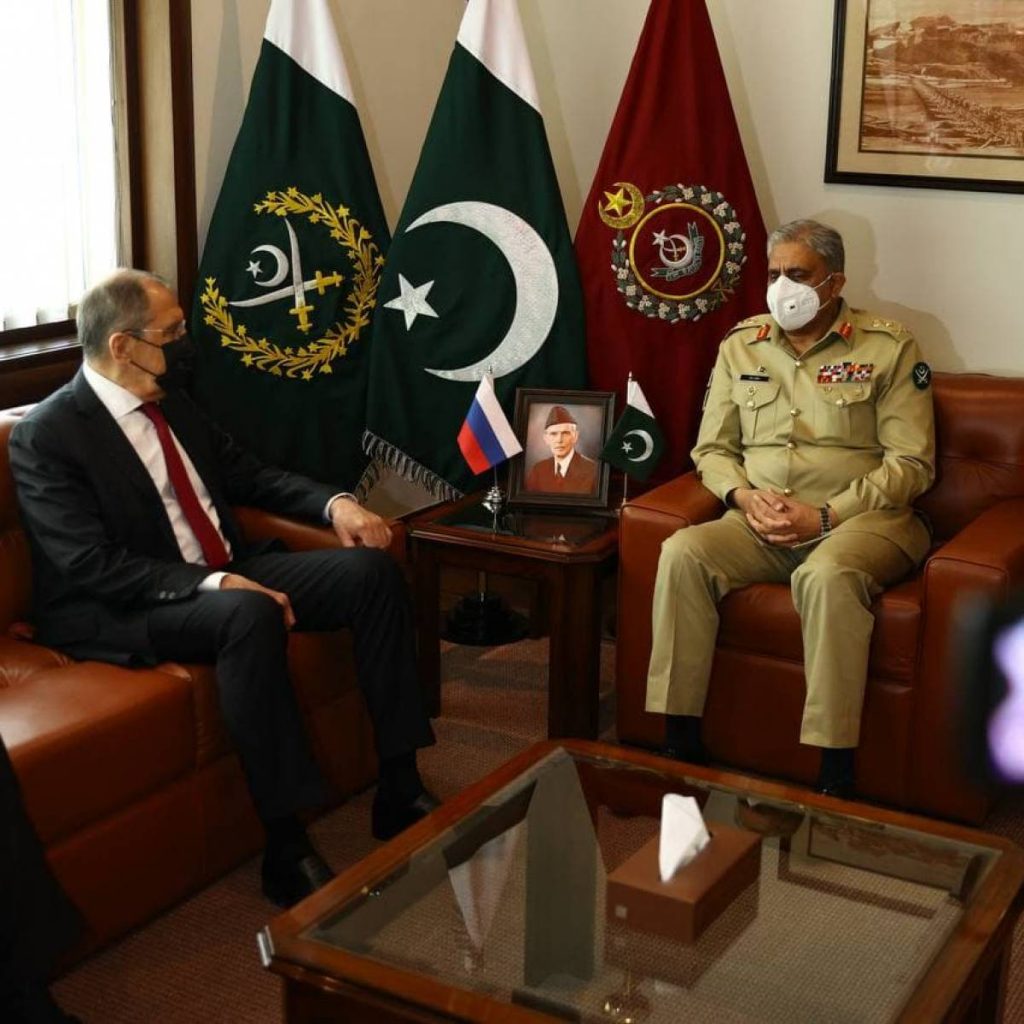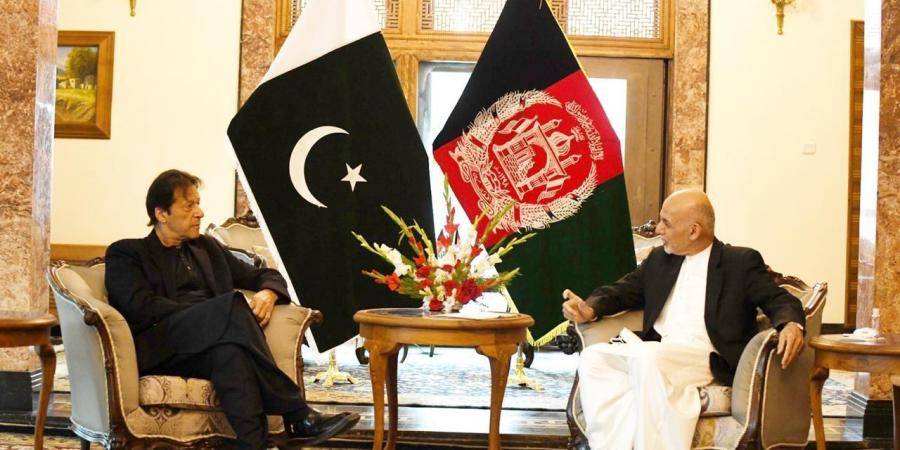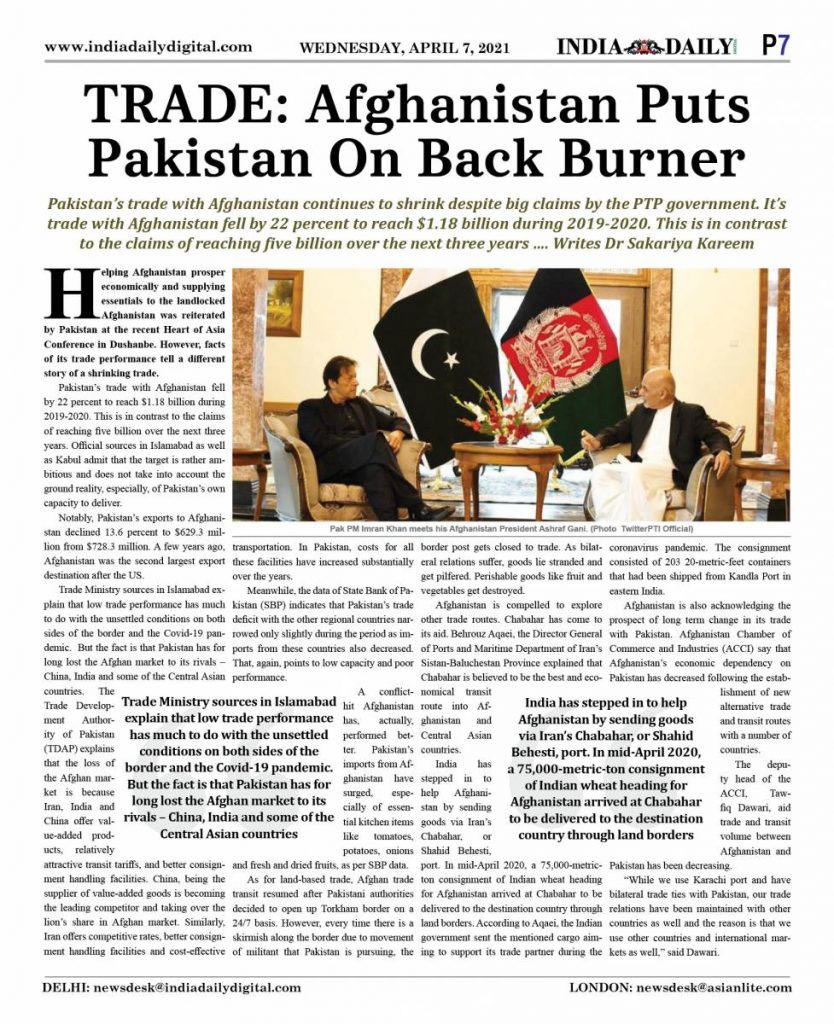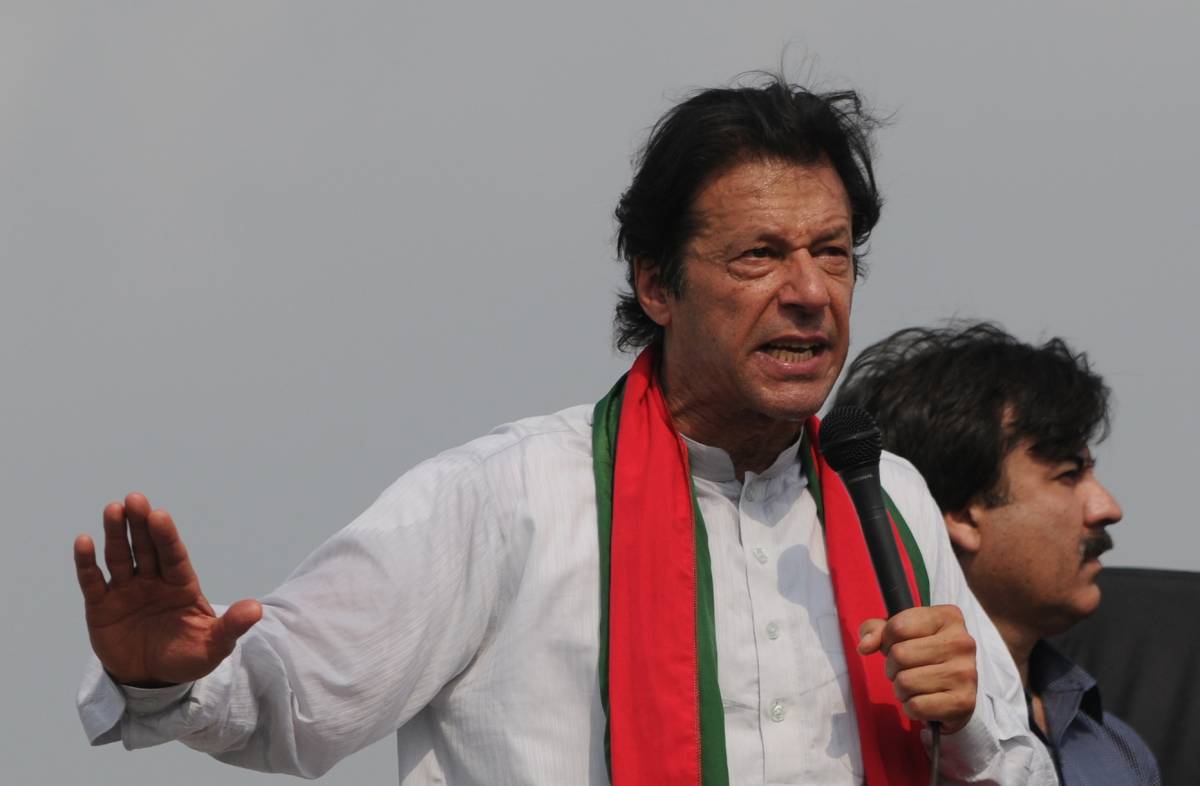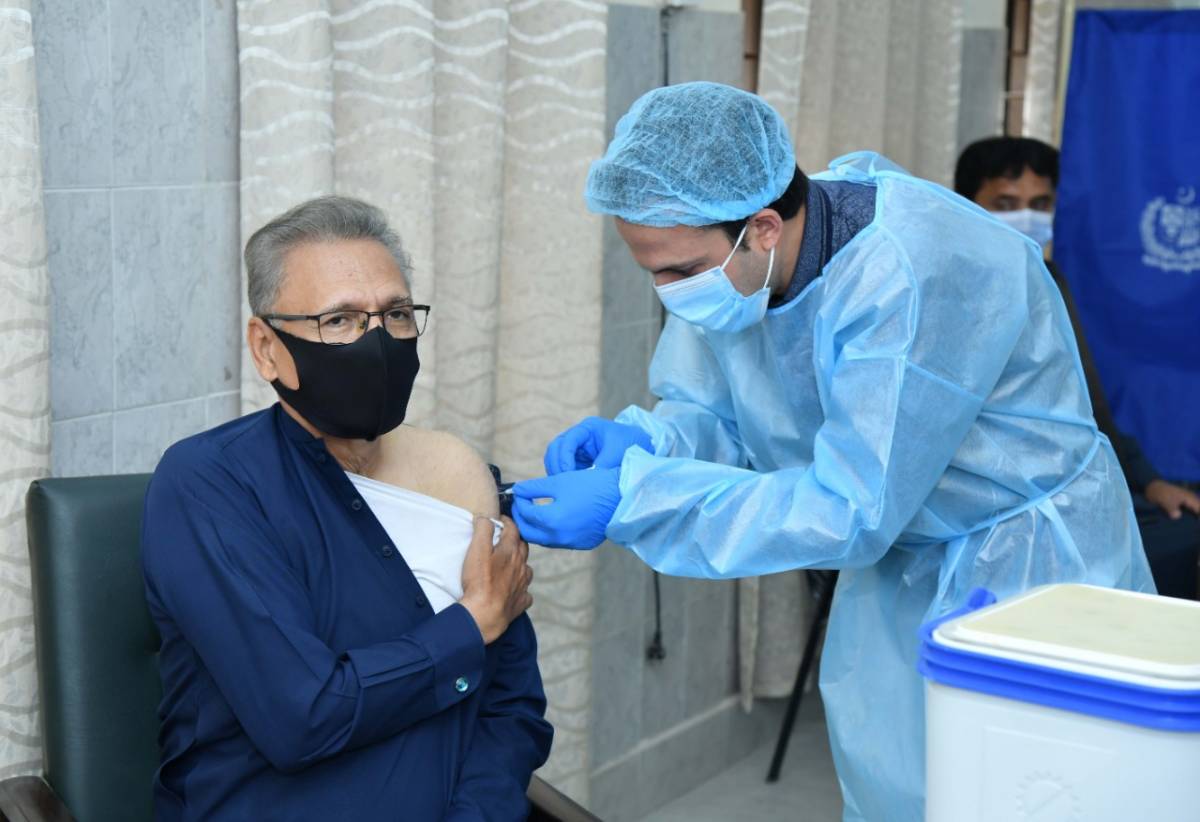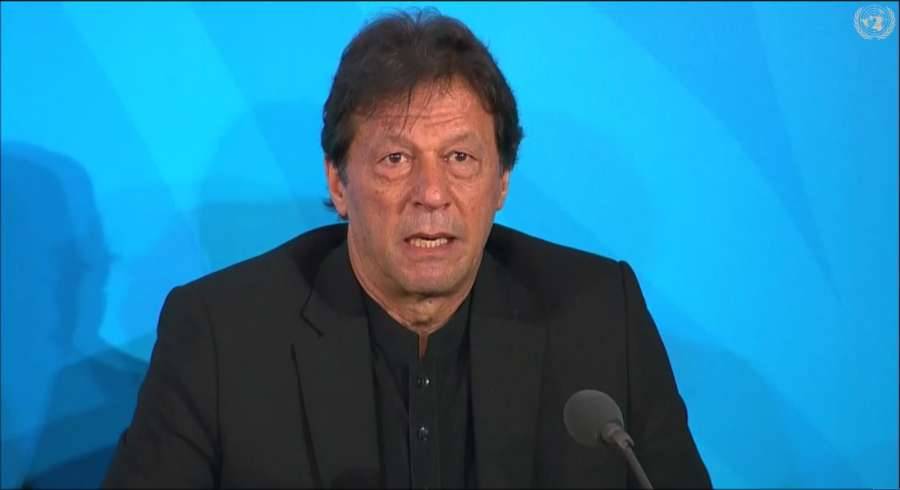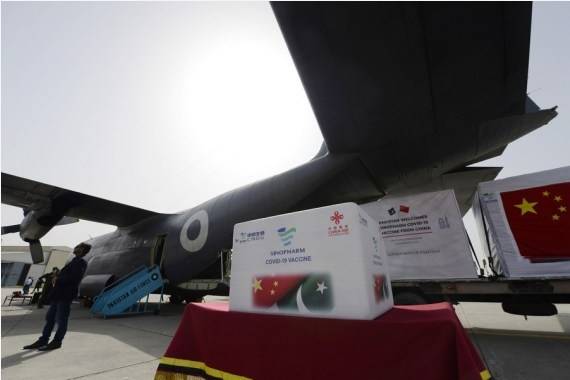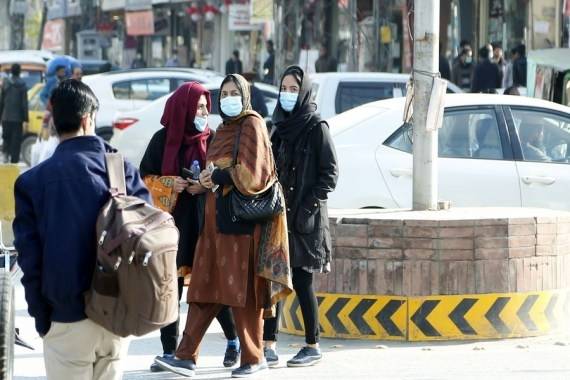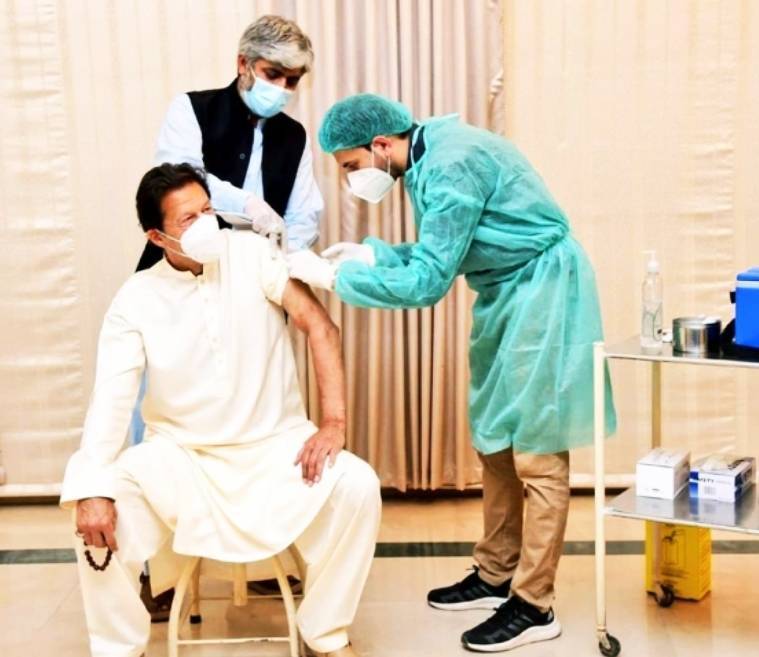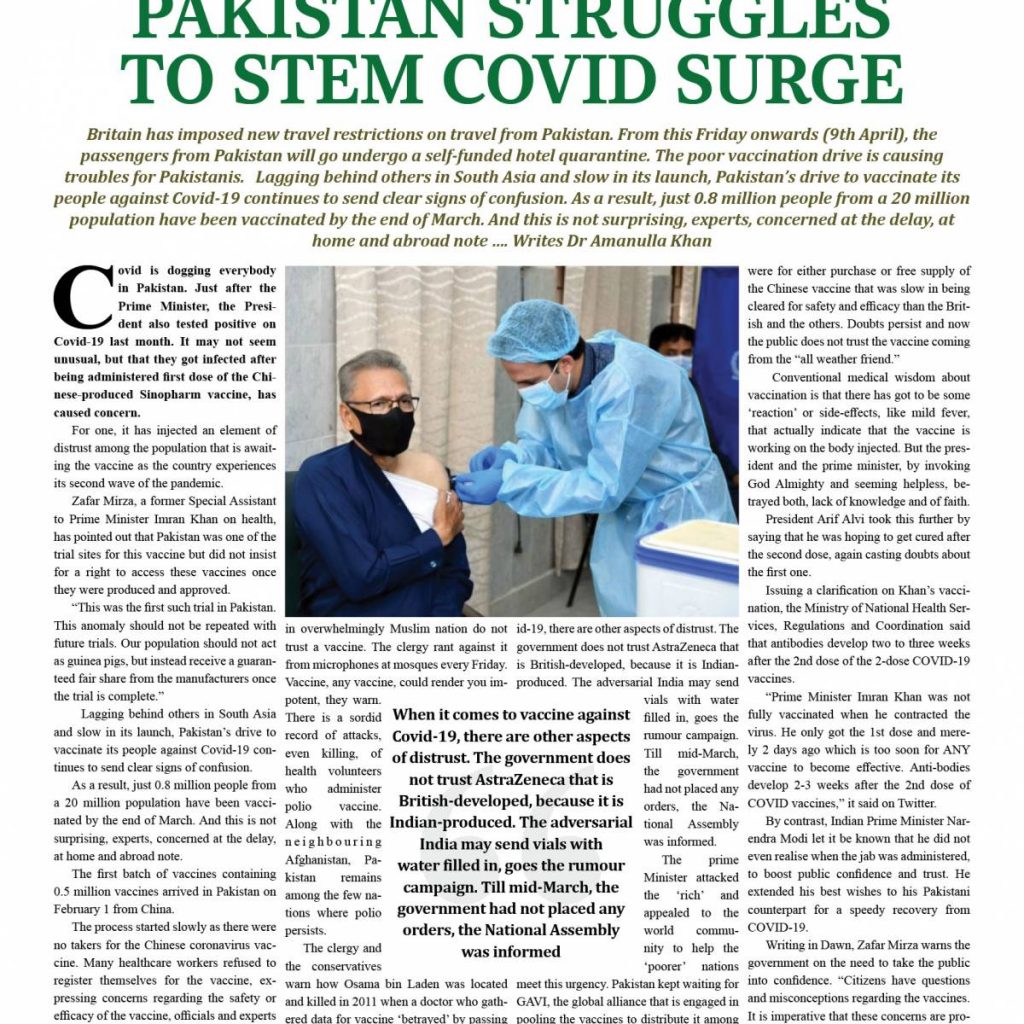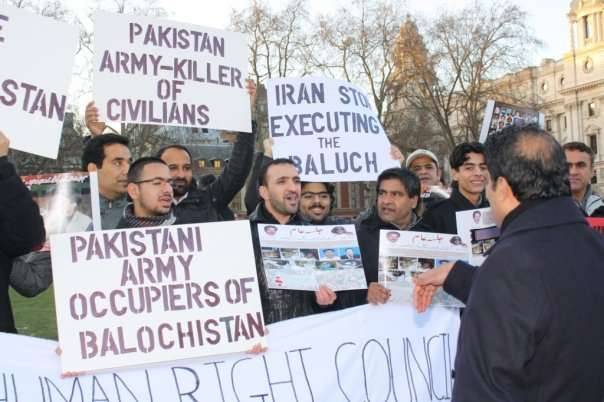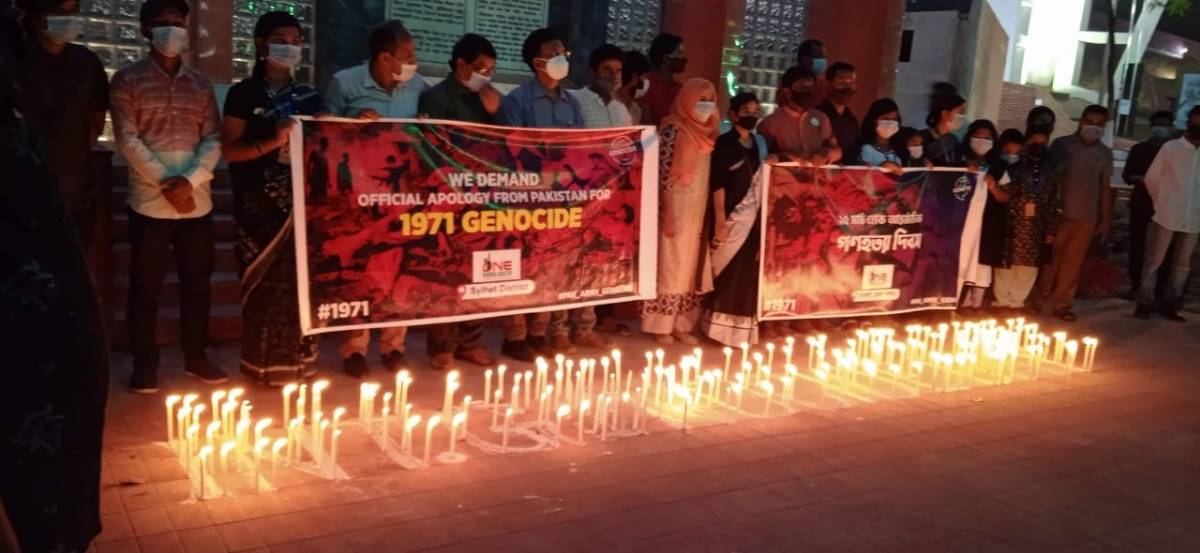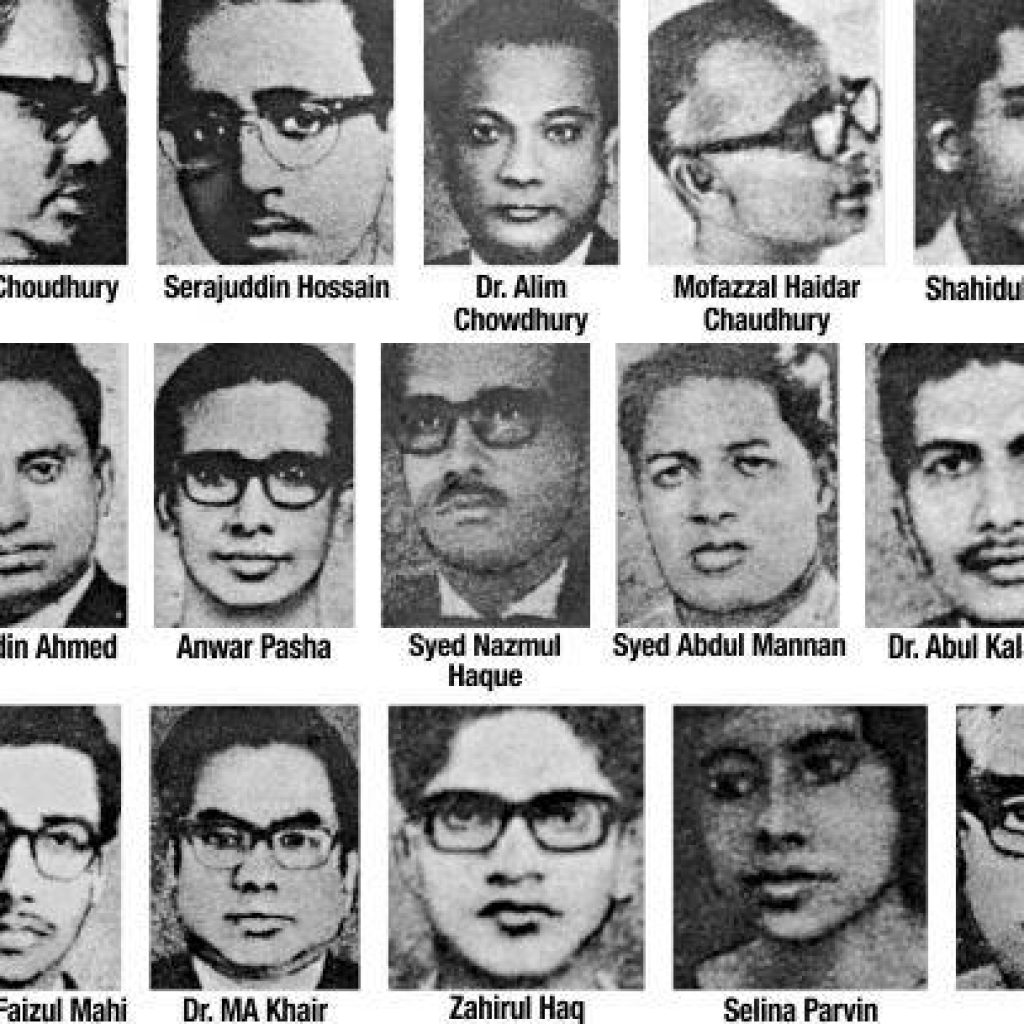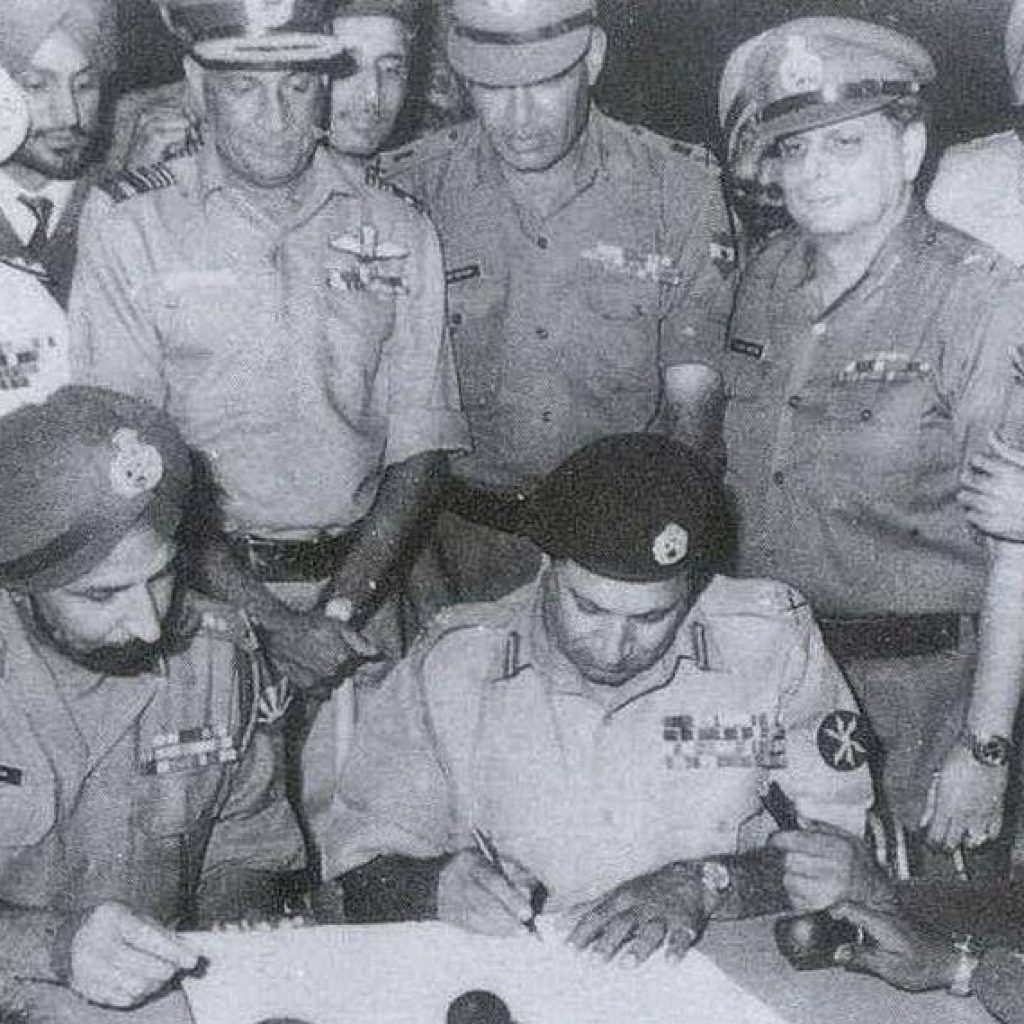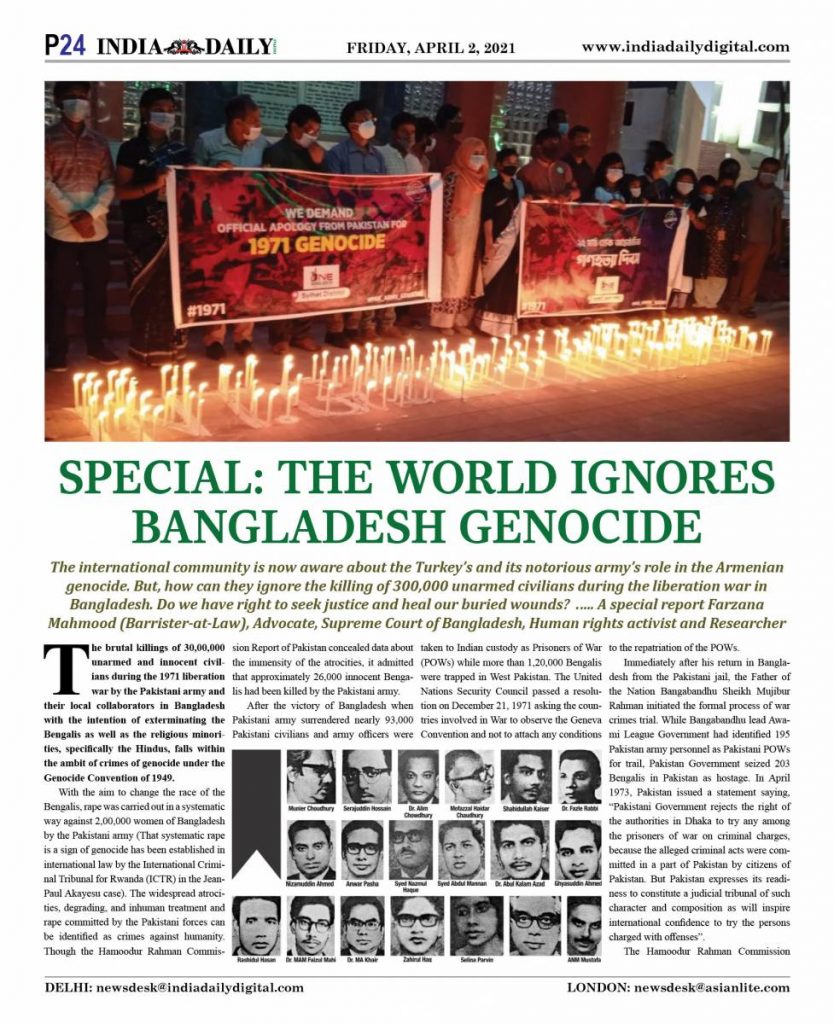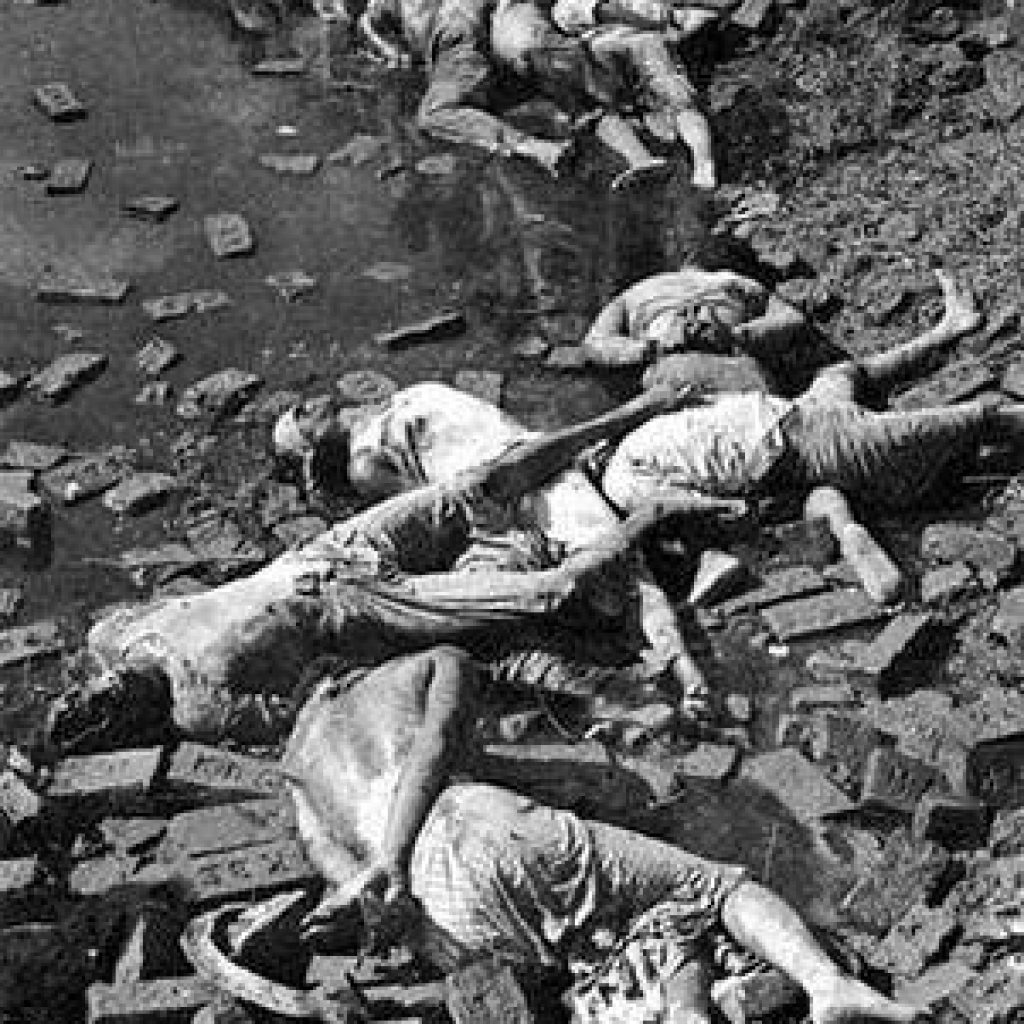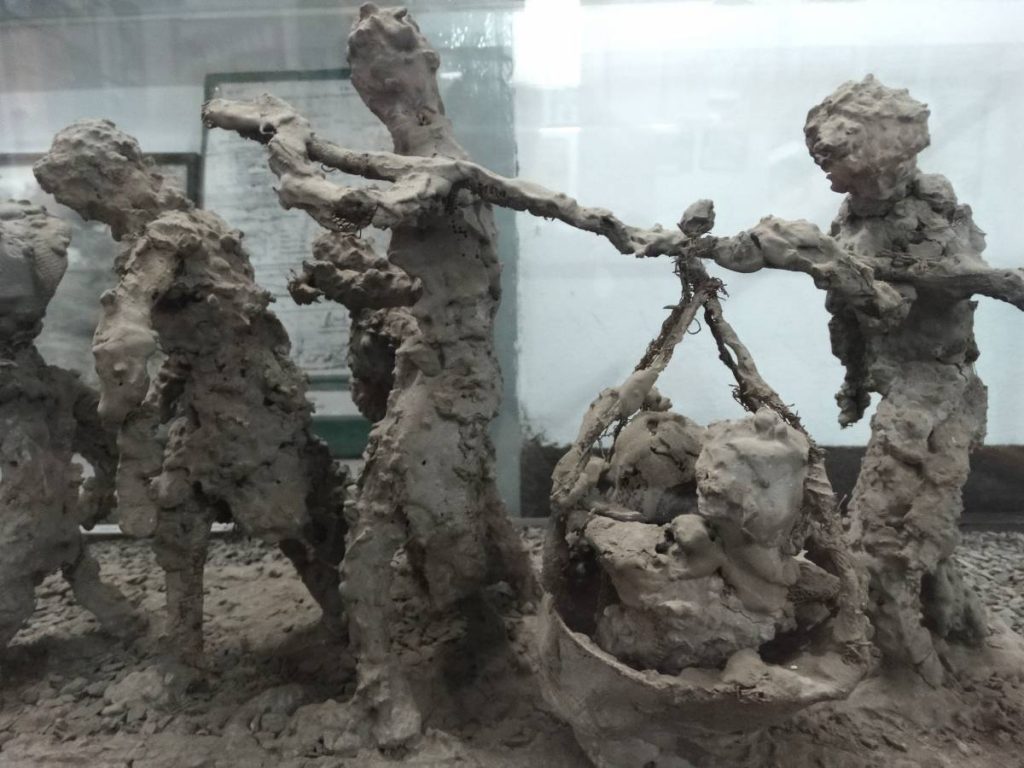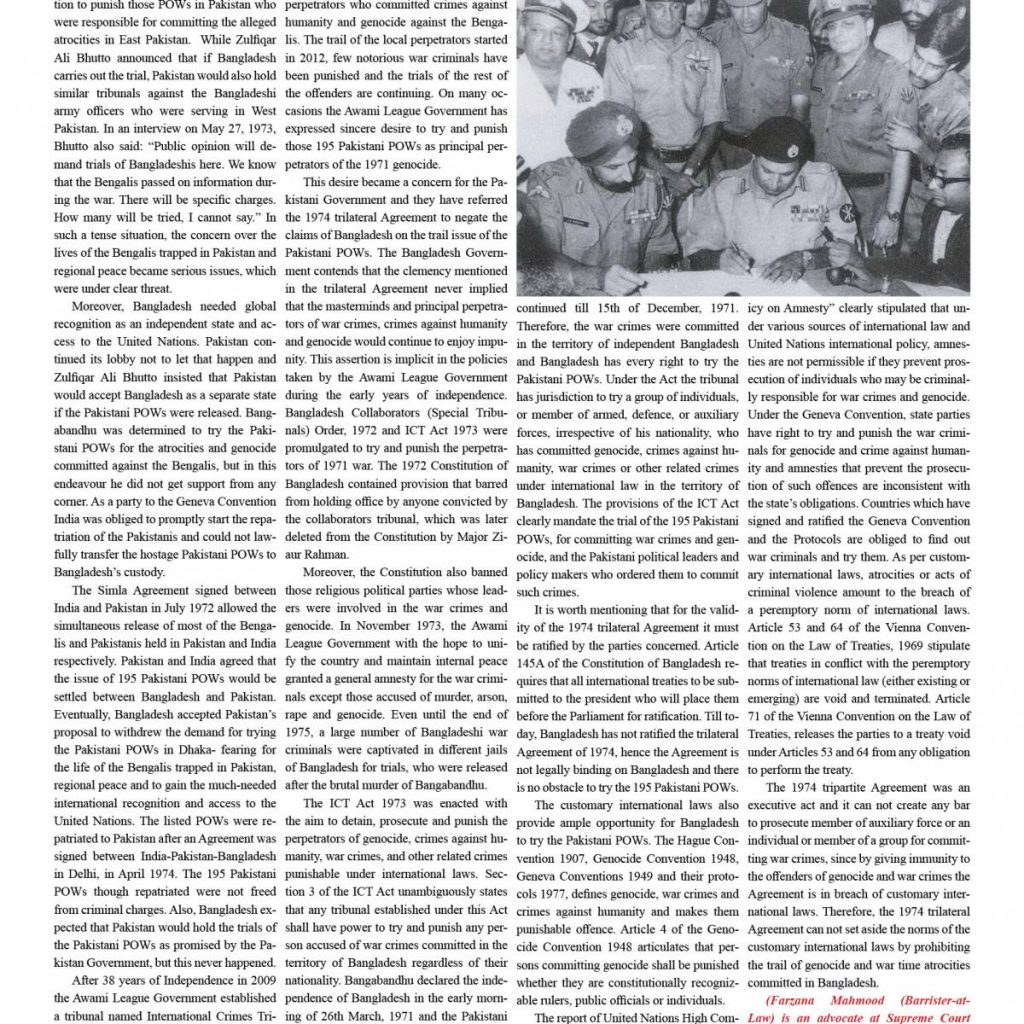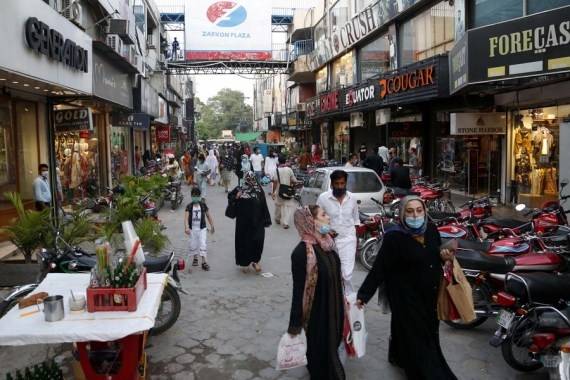Terrorism as a state policy has never paid dividends anywhere and Pakistan’s Kashmir theatre is no exception. Army Chief Gen Bajwa’s call to bury the past and focus on geo-economics stems from this truism. Imran Khan’s decision not to heed the call of his army masters reflects the inability of Pakistan’s political class not to look beyond the nose … writes Sajid Yousuf Shah. No Moral Right or Diplomatic Immunity for Pakistan’s Kashmir conflict
The International Journal of Research and Analytical Reviews (IJRAR) has an interesting article on Kashmir in its March (2021) issue. It makes a compelling reading in the context flip-flops by Pakistan Prime Minister Imran Khan on facilitating a thaw in the relations with India. His U-turn is food for thought for Pakistan analysts as is his return to the old Pak refrain that Kashmir issue should be solved first for a turnaround in bilateral relations with India.

Clearly neither Imran Khan nor any of his cohorts has read Asima Hassan’s article, which draws attention to what is no more than the flip-side of Pakistan’s Kashmir policy. Dr Hassan is a sociologist by training and a Kashmiri by birth. And the study is on the plight of families of militants, pampered by Pakistan over the past three decades hoping to make India bleed with thousands of cuts, if not part with Kashmir altogether. Terrorism as a state policy has never paid dividends anywhere and Pakistan’s Kashmir theatre is no exception. Army Chief Gen Bajwa’s call to bury the past and focus on geo-economics stems from this truism. Imran Khan’s decision not to heed the call of his army masters reflects the inability of Pakistan’s political class not to look beyond the nose.
The short point is that since Pakistan made Kashmir a protracted conflict, Kashmir has become home to a new group- widows, single parents, and orphaned children. Dr Asima Hassan draws attention to the plight of this section based on field work across the Kashmir valley. There is no evidence in public domain to show Pakistan had factored in the human misery its Kashmir policy is resulting in. In fact, as Asima Hassan also points out that Pakistan government’s decision to offer engineering and medical college seats to slain militants’ children has ended up as a money-spinning proposition for the Kashmiri separatists; they have been selling these seats to the affluent sections and are pocketing the money.
“Due to murky state of turmoil in Kashmir and lack of proper documentation, it is difficult to ascertain the exact number of deaths since the beginning of the militancy in the eighties. Though the government says less than 50,000 people, including militants and security forces personnel, have been killed, human rights and separatist groups put the number at over a lakh”, Hassan writes. And quotes official data to say that from 1988 till March 2019, militants accounted for 23, 386 deaths; while civilian toll was 14,930, the security forces had lost 6,413 personnel. 2358 of the killed militants were foreigners, mostly Pakistanis.
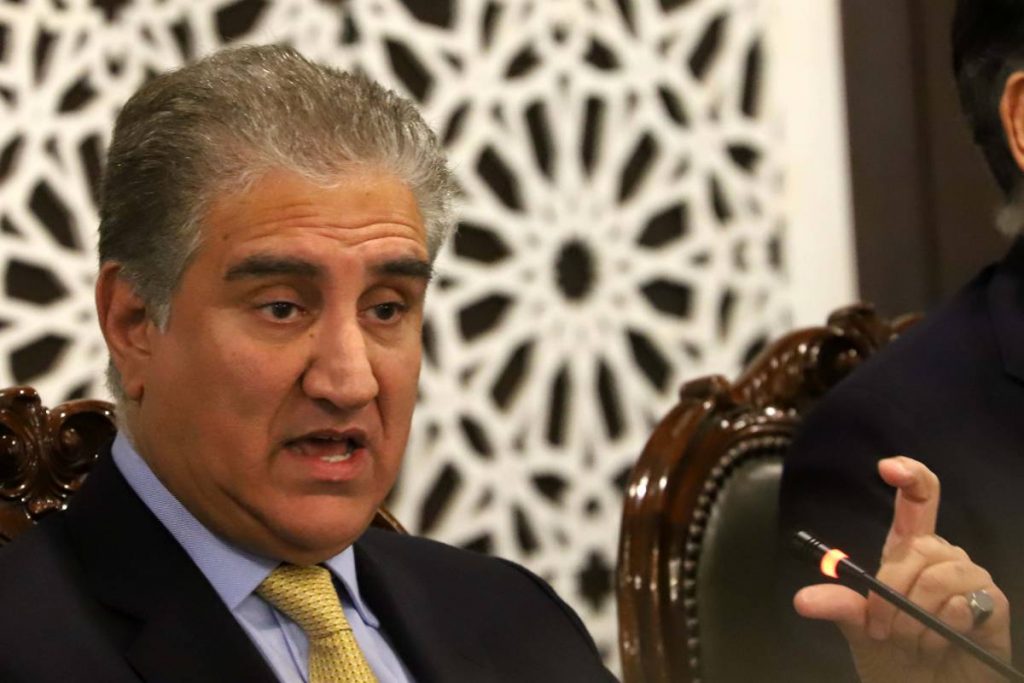
As stated at the outset, this study is about human suffering, which has escaped the attention of strategists, analysts and above all the media in India. Also, in Pakistan, which, being a fellow Muslim society, should have felt the pain of Kashmiris.
“In most cases, the death of the family head led to the problems with mental health, as well as stunted intellectual development and physical growth of his children and widow”, Dr Hassan laments in the IJRAR article, and remarks:
“…. losing their beloved ones has injured them psychologically forever. …. women and children remain extremely vulnerable”.
According to Hassan survey, at least ten percent of the militants killed in the last 30-years were married and had children. And it is these families, who had to suffer as they were not entitled for any compensation from the government like the families of the slain civilians.
The study made a complete profile of 100 such families – 35 of them from South Kashmir districts of Anantnag, Pulwama, Shopian and Kulgam; this belt saw youth under 20 years joining the insurgents “much against their parents’ pleas only to be killed a few weeks later in the last decade”.
Another 35 families were studied from the North Kashmir districts of Kupwara, Baramulla and Bandipora – which saw maximum killings during 1990’s and 2000s as all the three districts border the Kashmir under Pakistan, (Pakistan Occupied Kashmir, PoK, as India terms the region).
In Central Kashmir, the research was undertaken in Srinagar, Ganderbal and Budgam; these districts saw comparatively lesser number of killings; yet 30 victim families (widows and children) formed the sample for the empirical study after they were repeatedly assured that their identities would not be revealed.
THE FINDINGS
As many as 45% slain militants belonged to the age group of 25-35 at the time of death while another 32% were in the age group of 35-45. 16% deceased belonged to 45-55 age group and 6% were in the 18-25 years bracket. Only 1% was above 55 years of age. While 24% slain militants had income of around $ 42 a month, 12% slain militants belonged to families whose monthly income was less than $ 15 when they joined militancy. Only 9% of the slain militants belonged to well-off families. Even in the 1990s, income below $ 42 was not enough to have basic amenities of life.
Interestingly, most Kashmiri militants had no worthwhile educational background. A majority of them – 45%, to be precise, were illiterate and had not attended school. Another 20% are school drop outs. Only 12% of the slain militants (members of armed groups as the author calls them) had passed 10th standard while 11% discontinued after the 12th standard due to poverty. Just 12% of the surveyed were graduates who were either in a government job or from affluent families. And they were normally given leadership positions by the insurgent groups.

IMPACT ON FAMILY
Author Hassan clearly shows that whopping 94% widows and single parent orphans had experienced a negative impact from the Army action against militants.
“These killings occurred during gunfights with security forces”, the respondents stated. Financial problems and lack of social support devastated them. It was observed that the killing created a sense of insecurity and fear amongst the survived family members “The sympathy of the people in the initial days (after the killing) vanished with time and they were later left to fend for themselves”, the respondents revealed adding that “constant raids by security forces when he (militant) was alive created a sense of fear among them”.
Most widows categorically told the author that they didn’t re-marry after the death of their husbands. “This is a general practice in Kashmir; if the women have a child or children, they seldom go for remarriage. Widows are not typically acceptable brides, as Kashmiri society places a taboo on remarriage unlike Muslim societies in many other parts of the world,” says Hassan in the IJRAR article.
A study carried out by the University of Kashmir several years back showed that 91% of militant – widows had not considered remarriage. The findings of the current research also revealed that a majority – 85% – of women respondents didn’t remarry. And they had to bear a lot of problems – social insecurity, economic hardships, social apathy, discrimination by relatives and neighbours and above all failure of control over children.
Another disturbing nugget Hassan study throws up is that Kashmir today is home to at least 32,000 widows, 52% of them in the 25-35 age group and another 25% in the 18–25-year bracket. While 19% of the widows are in 35-45 age group, just 4% are above 45 years. A 2008 study by the University of Kashmir puts the orphaned children number at a whopping 97,200. Hassan’s study shows that a majority of the killed militants (44%) had more than three children when they joined insurgency.
16% of them had more than five kids when they were killed. 35% had 1 to 2 children while 5% were married but had no kids. All these fathers-less children have had a difficult up-bringing. And fared miserably education-wise. While 19% of them couldn’t attend school, 52% became drop outs; another five percent discontinued studies at the college level. Pakistan’s terrorism centric Kashmir conflict has resulted in child labour and increased women labour force as many families of killed militants have come out to eke a living. This is largely because their stay in ‘others houses was not liked and was not tolerated by the family members’. Result: Sleep disorders have become order of the day with the fear of getting victimized again. As many as 81% of widows experienced multiple health problems. 37% of girls of the marriageable age faced difficulty in finding suitable match.
Hassan article says living conditions of widows and single parent orphans of police and security force personnel are better; the government has taken sufficient care of their needs, especially in the field of education and employment but the families of the slain militants are living in pathetic conditions. “Economically and socially, they have been debased and some of them even face starvation”.
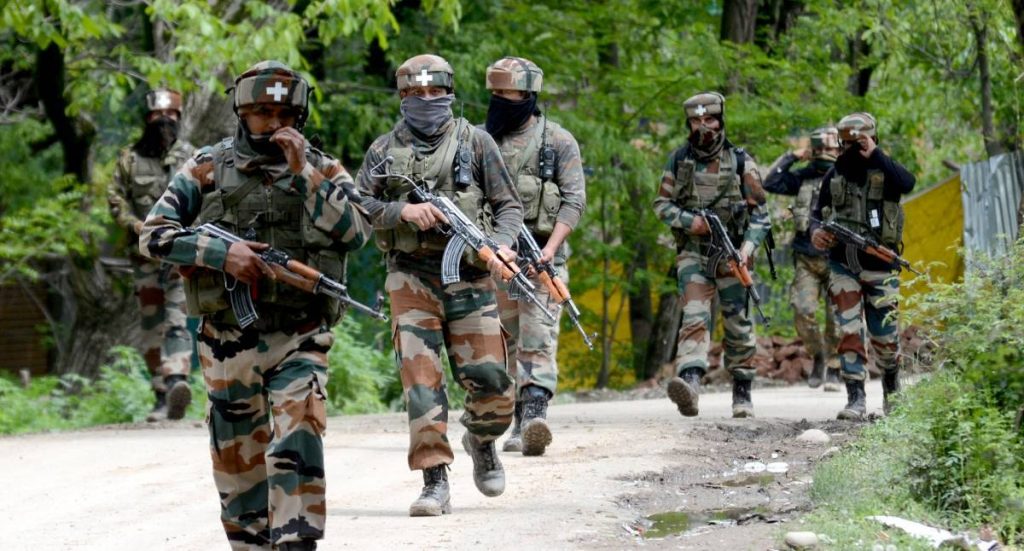
The unmistakable impression from Hassan’s study is that proxy war may have suited Pakistan strategically, and militarily, but the unending violence and consequent misery have devastated thousands of Kashmiri families. Pakistan has neither the moral right nor can claim diplomatic immunity for its pursuits to achieving what four wars and diplomatic blitzkrieg had failed to accomplish since the land of the pure, as Pakistan claims, was carved out of British India in 1947 as a parting gift of the colonial masters.


